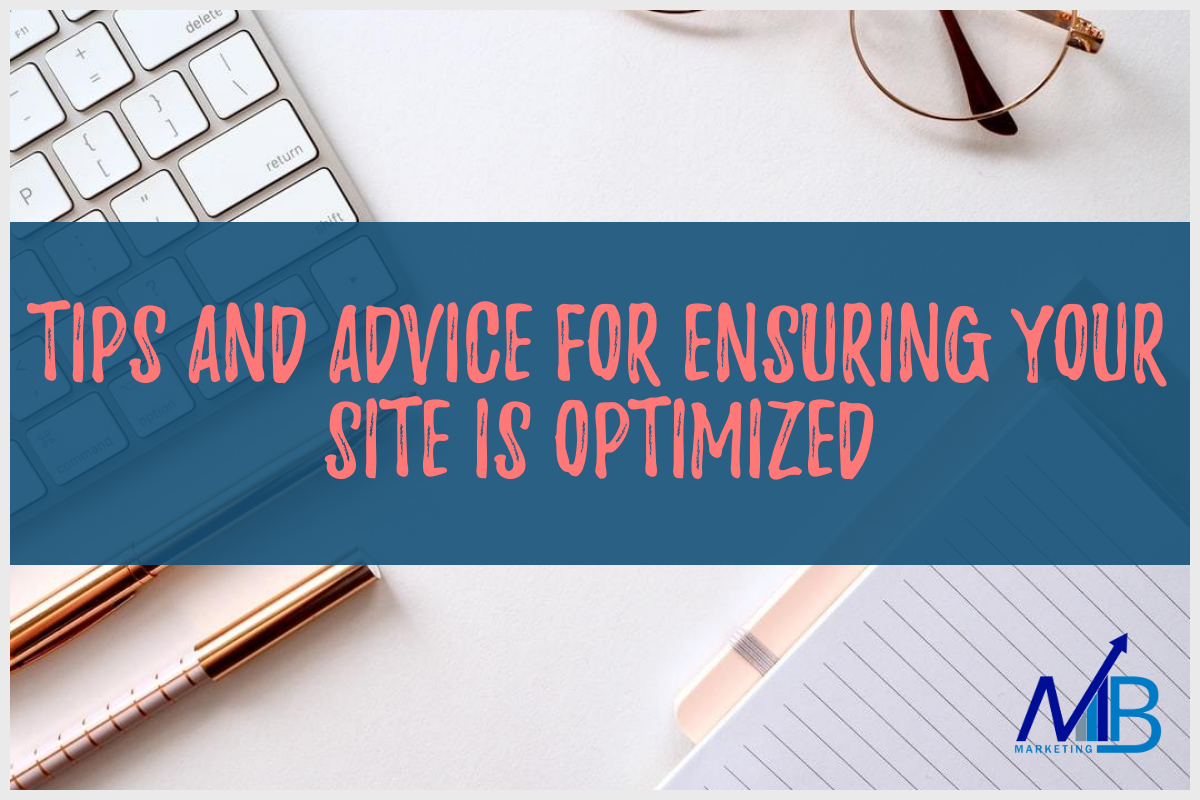Website optimization is a hot topic in the era of online commerce. However, despite its relevance, few businesses actually know how to optimize their websites to increase online traffic and improve user experience. If you are struggling in this regard, keep reading for 5 impactful tips that will ensure your website is optimized.

Improve the Loading Speed of Your Pages

According to Google research, the website bounce rate increased by 90% when the website loading time increased from 1 to 5 seconds. In other words, modern audiences have extremely short attention spans, so you are at significant risk of seeing your visitors leave if they have to wait even a few seconds. Compress image sizes, eliminate unnecessary plugins, and cache web pages where possible to get your site loading as fast as possible.
Include the Best Where to Buy Software

Poor store locator software is the bane of any e-commerce business. Inadequate vendor information, inaccurate routing, and no identifiable physical landmarks are just a few of the frustrations that can cause your online traffic to choose a competitor who makes it easier to close a sale. Therefore, it is vital to include the latest locator software that can facilitate the purchase process for online shoppers. This is especially relevant in the realm of mobile shopping, as a whopping 76% of “near me” mobile searches result in an in-store visit within 24 hours.
Make Sure the Onsite SEO Is Strong
In the early days of SEO, it was all about getting the right keywords onto your website. When search engines identified these keywords word-for-word on your site, you would be in a prime position to jump to the top of the search engine results page (SERP)–regardless of how tactfully these keywords were used.
Fast forward to present times, and search engines are significantly more sophisticated. Sure, choosing the right keywords for your content is still important, but the context in which these keywords are used is arguably more important. Search engines will rank your website only if the keyword matches the user intent of a search. Therefore, it is critical that your keywords be highly relevant to the content topics in which they are embedded and flow naturally as part of the online discourse. Some ways to ensure that your onsite SEO is as competitive as possible include:
- Depth – is the content on your website superfluous garbage, or is it a thorough examination of a relevant topic?
- Readable – content must be easily digestible for audiences. Avoid long chunks of text, using relevant images and captions to break up your content. While you don’t want amateurish content that is littered with errors, you also don’t want overly scholarly material that alienates average crowds. Resist the temptation to stuff the content with affiliate links or product recommendations, tactfully placing them and spreading them out through various sections of the text
- Unique – modern search engines can spot plagiarism a mile away, making the old-fashioned “spinning” techniques used to quickly surge to the top of search results largely irrelevant. To give your content a chance in the modern climate, make every effort to make the content as original as possible
- Aligned – your content must deliver on searcher expectations. Therefore, embedding trending keywords into unrelated topics is sure to fall out of favor with the search engines
As more and more websites have entered the playing field over the years, the competition to win searches has become fierce. As a result, it is critical to make your onsite SEO as professional as possible to stand a chance.
Perform a Technical Audit

There is no quicker way to kill your SEO efforts than to have various aspects of your website not functioning properly. Error codes, dead links, and pages of your site that aren’t yet live will cause search engines to lose confidence in your website and bury it down the list in the SERP.
Therefore, it is critical that you “get under the hood” of your website and make sure that everything is functioning properly. Use your Google Search Console to ensure that the domain and the protocol match the live version of the site. Scan your site for any 404 URLs. If members of your marketing asset management are uploading any new content or marketing tools to your site, make sure they don’t contain any suspicious or broken links.
Guarantee Mobile Compatibility
It is no secret that many of your visitors will be accessing your website content via their mobile devices. Therefore, it is crucial that you limit the amount of scrolling and zooming they need to perform when on the go. Some ways to guarantee that your website is mobile-compatible include:
- Choosing mobile-friendly themes and templates
- Changing button size and placement
- Eliminating pop-up ads that are difficult to exit out of on mobile devices
As previously mentioned, mobile visits go a long way toward resulting in an in-store visit, so mobile compatibility should be at the top of your website optimization checklist.
Use These 5 Tips to Optimize Your Website Today
Website optimization is of utmost importance in the era of online commerce. With this in mind, improving the loading speed of pages, including the best where to buy software, strengthening the onsite SEO, performing a technical audit, and guaranteeing mobile compatibility are 5 useful tips to help optimize your website and improve user experience today!
Author: George Burke
George is a freelance writer that loves sharing his experience and knowledge on website development and SEO. His work can be found on Building Product Advisor, a new construction industry resource launching in Fall 2022.

